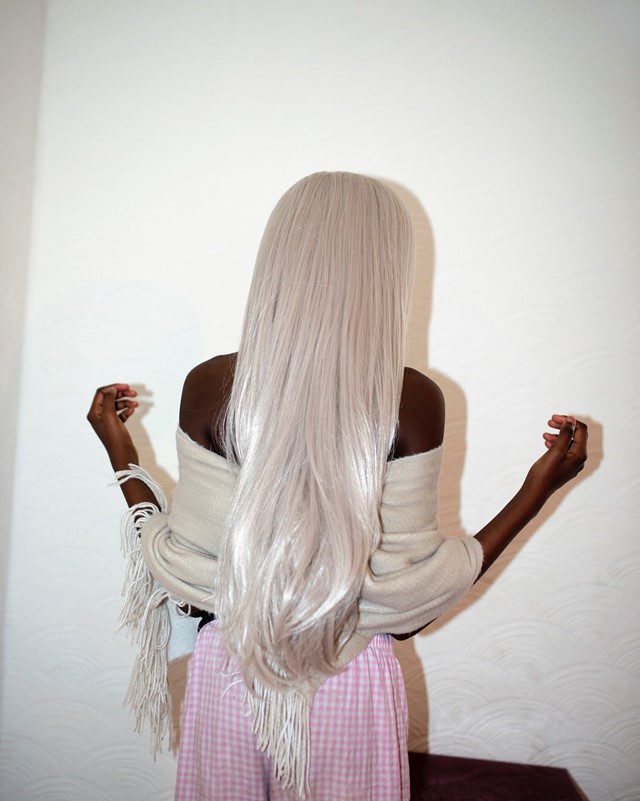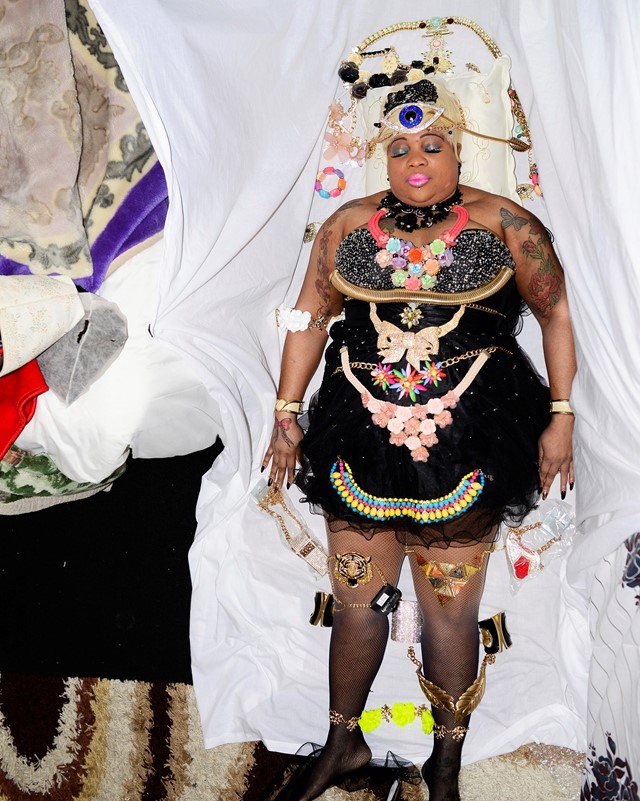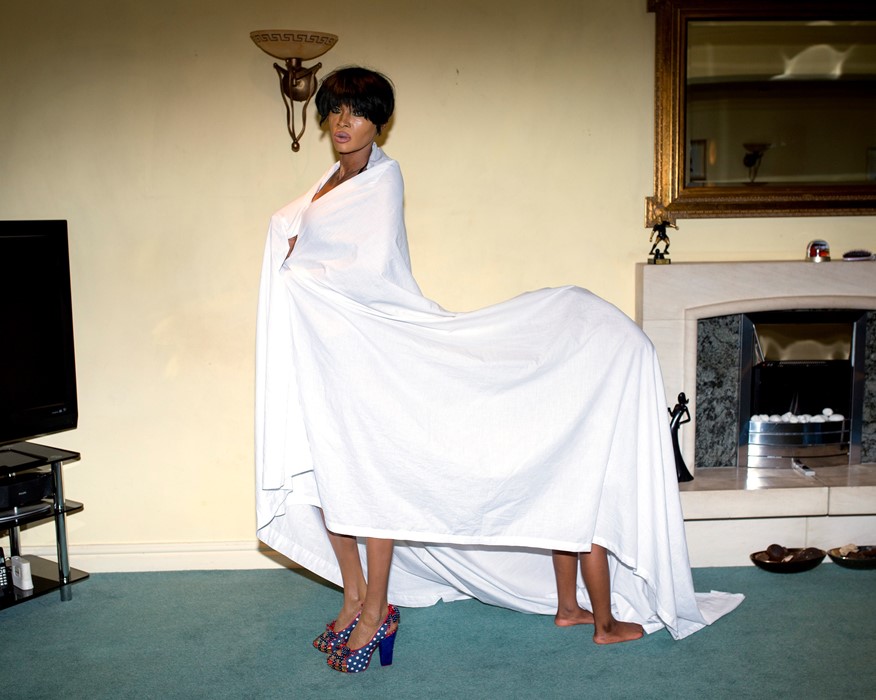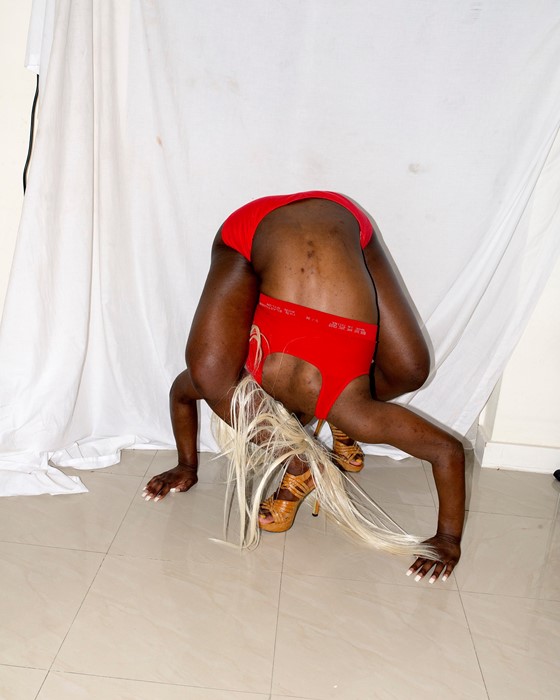Galician photographer Lúa Ribeira debuts a new book made in collaboration with a group of British-Jamaican women in Birmingham
Dancehall, along with reggae, is one of Jamaica’s best-known cultural exports. Conceived in the clubs of inner-city Kingston, the genre’s infectious riddims have gone global through artists like Sean Paul, Popcaan and Vybz Kartel, later to be borrowed (or, arguably, appropriated) by some of the music industry’s leading producers, well and truly infiltrating the mainstream. Listen to Drake’s View From the Six, Justin Bieber’s Sorry or even Taylor Swift’s Shake It Off; the influence of dancehall is undeniable. Really though, the genre will always be the cultural property of Jamaicans – a fact that Galician photographer Lúa Ribeira acknowledges in her new book, Noises in the Blood.

In this book, Ribeira brings together a series of compelling images made in collaboration with a group of British-Jamaican women in Birmingham. However, the images focus not on the music aspect of dancehall, or even the mode of dress associated with the genre, but the rituality of it, and how the associated celebrations provide a space for Jamaican women to express their cultural identity. “In the dancehall celebrations, a spectacular representation of Jamaican identity takes place, where performance, ritual and self-expression reach high levels of sophistication,” Ribeira explains. “My ideas in regards to dancehall are very much influenced by Jamaican Dr Carolyn Cooper, whose book Noises in the Blood: Orality, Gender, and the ‘Vulgar’ Body of Jamaican Popular Culture introduces a new perspective into looking at dancehall.”

“I do not intend the images to comment on dancehall, but to become the ritual itself. The power of the transformations of the women and the innovation and provocation that they engage in often clash with Western ideas of femininity. Mythological powers, the concept of female divinity and sacredness in Afro-Caribbean culture were very present in my visual search. Universal subjects such as birth, love, death and sex are central to the encounters, fed by their folklore and my imagination.”

Ribeira shot these brightly lit images in her subjects’ homes, which are distinctly British and speak of the women’s bi-cultural identities. And while Jamaican culture isn’t something that Ribeira is directly connected too, she does feel a certain affinity with it – “I have a personal connection to cultural expressions that have been oppressed or misinterpreted,” she explains. “I am from Galicia, in the north of Spain, a place whose culture, language and traditions were condemned and forbidden during the dictatorship. Living in the UK, I felt an admiration for Jamaican culture which, after such a painful history, has a sort of pride I miss in my people.”
Noises in the Blood by Lúa Ribeira is out now, published by Fishbar.
